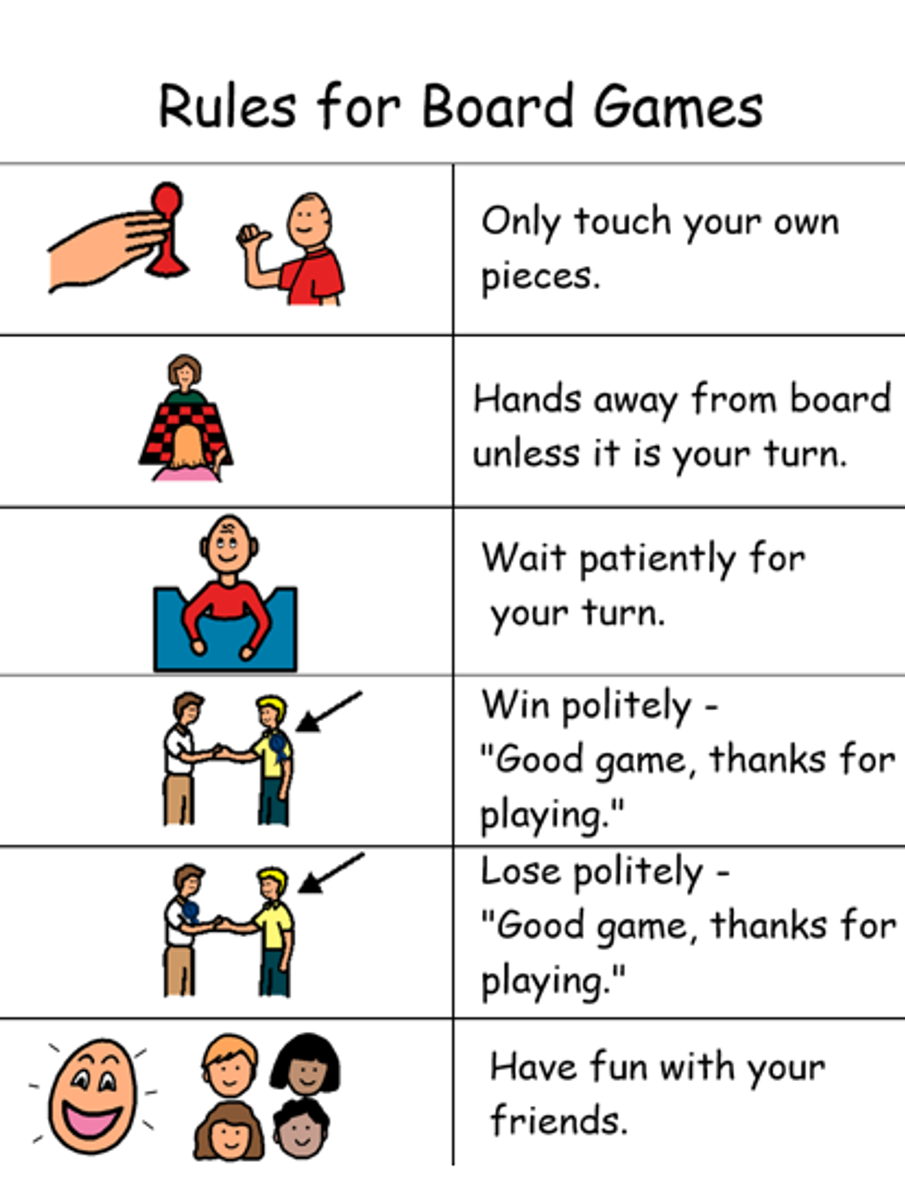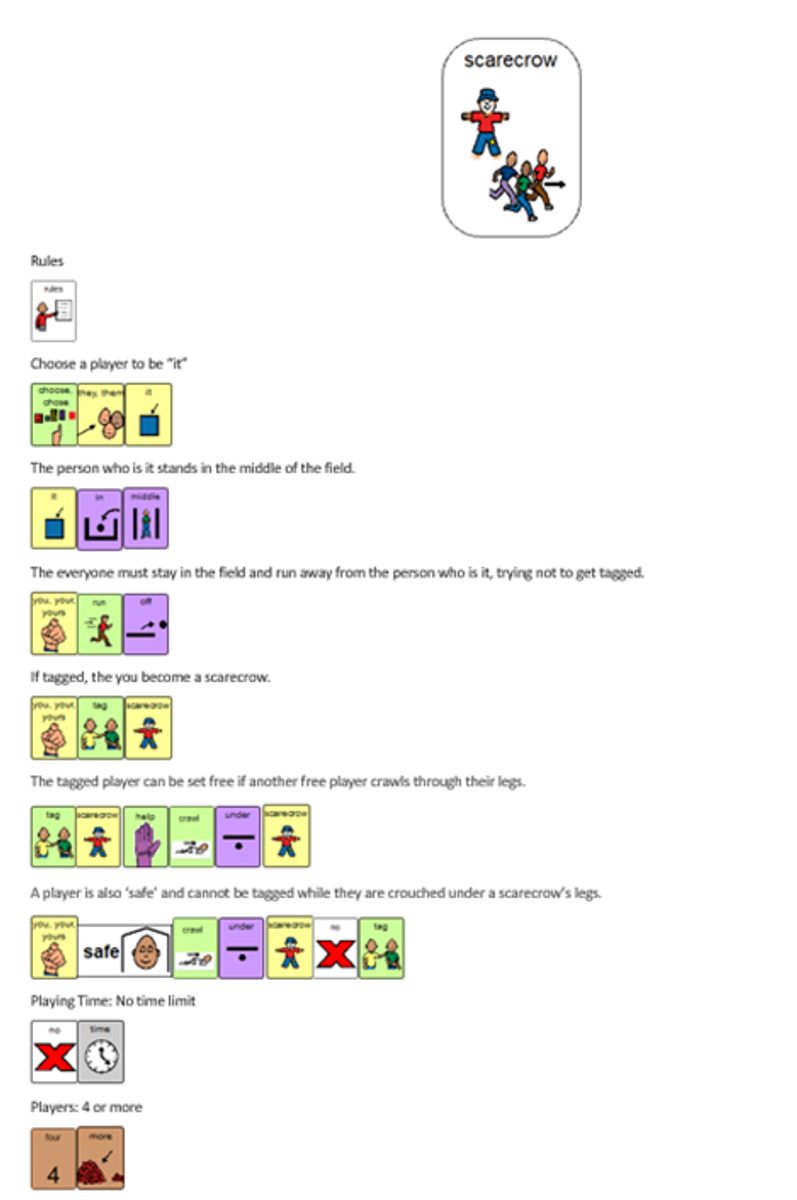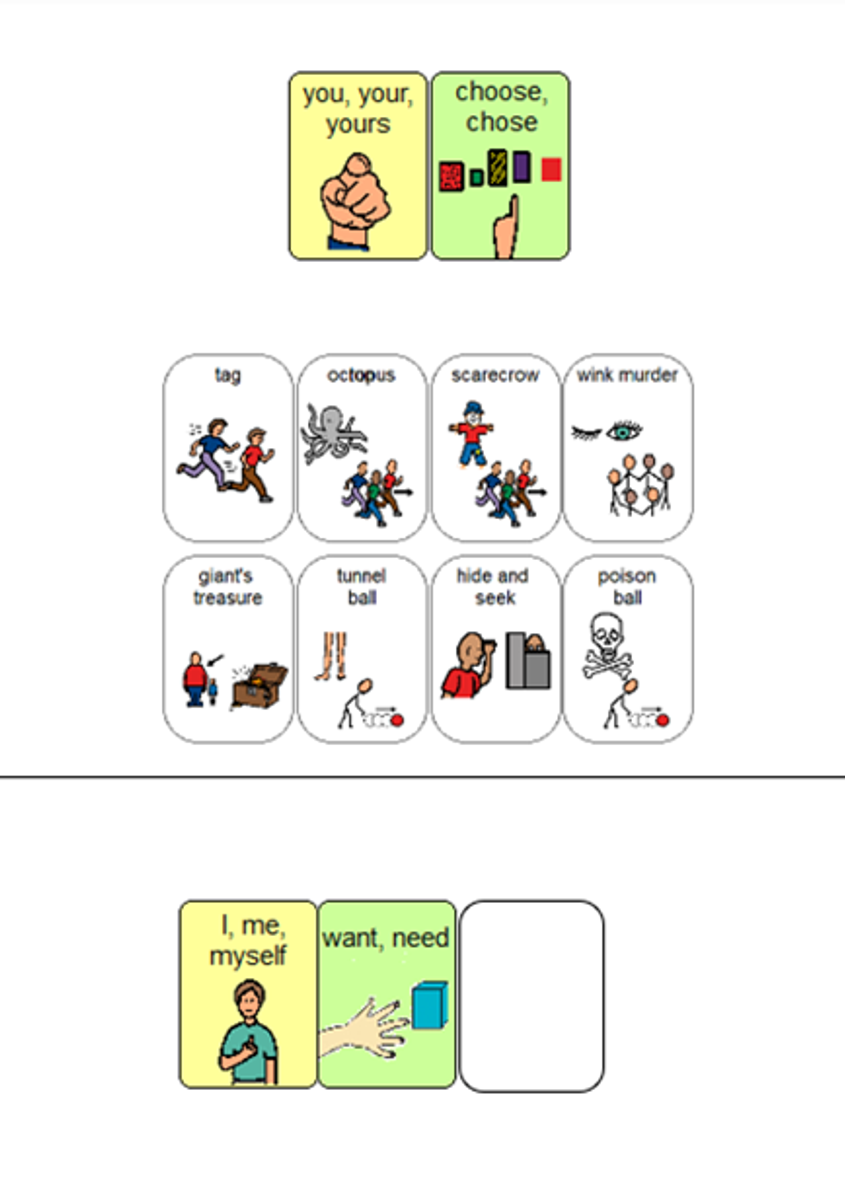Autism Practices
Learning Specialists & Leading Teachers

Autism Practices
Learning Specialists & Leading Teachers


Building Play Skills: Nurturing Growth through Play
Play is a fundamental part of childhood. It is how children explore the world, express themselves, and learn essential social, emotional, and cognitive skills. For autistic individuals, however, play can be a different experience and may require a more structured approach. By understanding the unique ways children with autism experience play and by supporting their play skills, we can foster their growth in a meaningful, joyful, and impactful way.
Why play is essential for all children
Play is more than just fun—it is an important learning experience. Through play, children practise communication, learn to interact with others, and develop creativity and problem-solving skills. Play also helps children regulate emotions, understand routines, and build motor skills.
For autistic children, the benefits of play are equally valuable, though the path to achieving them may vary. Many autistic children prefer solitary play or engage in repetitive activities, which can make playtime seem different from that of their peers. However, with the right approach, play can be a way for them to build essential life skills and connect with others.
Understanding Play Differences in Autism
Autistic individuals may have unique ways of engaging in play:
These differences do not mean that autistic children cannot enjoy or benefit from play; rather, they may need specific strategies and understanding from parents/carers, teachers, and peers.
How to Support Play Skills:
Celebrating Small Successes
When supporting play skills in autistic individuals, patience and positive reinforcement are key. Celebrate small milestones, like when a child takes turns, shares a toy, or joins a game with a peer. These moments build confidence and create positive associations with play.
Building Connections through Play
With gentle guidance, they can gain the benefits of play while building connections with peers, siblings, and adults. By adapting play environments and respecting each child’s unique approach to play, we open doors to meaningful experiences that support their development and happiness.
Play is truly for everyone, and with a little creativity and understanding, we can help make play a joyful part of every child’s life.





